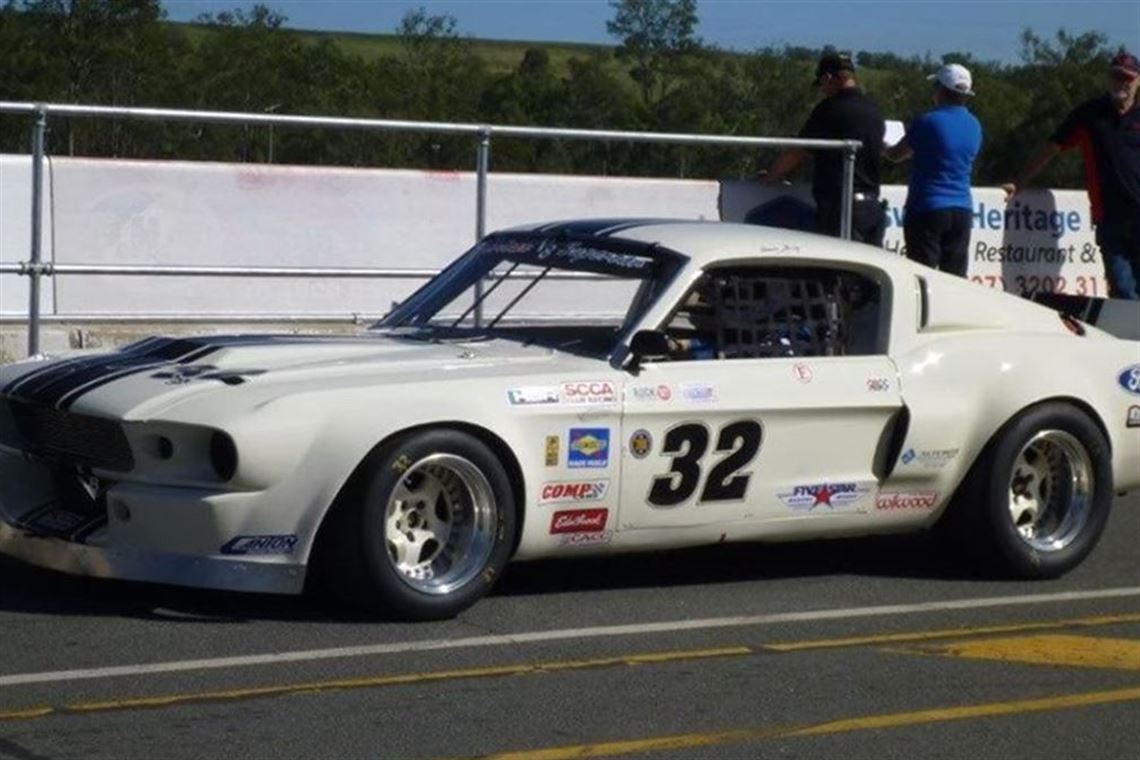I’m not sidestepping anything. You advocated for manufacturers ceasing production of other vehicles in favor of sports cars. Its laughable.You're avoiding the conversation topic and sidestepping a direct question.
In the modern era, the "supercars" and HP wars have the Camaros, Mustangs, Chargers, Challengers, Vettes, etc. selling faster than they can produce them. Wildly popular. People paying far more adjusted for inflation today, than for the Vettes and few other "performance cars" of the 1980s.
For the equivalent of $70k today, in 1987 you'd get a car that had few peers in the price range, and a car that would perform by today's standards like a mid-level Mustang or Challenger. In my experience, taking the GN, they were sold before being assembled and there was a waiting list. When you have waiting lists, you don't stop making them! You make 10x as many.
We aren't talking about mini-vans and F150s. Different markets. We're talking about special vehicles for which it was OBVIOUS at the time, and now even more so in hindsight that they were special and it is nuts when production ended. Another example is the legendary Toyota Supra, and production ended late 1990s. Nuts.
Look at today and the resurgence of these muscle/super cars. People and needs did not change. There was/is clearly a pent up demand for excellent powerful cars.
That isn’t how the world works (then or now). If you can’t understand that or fundamental concepts of supply/demand and associated pricing, I can’t help you.
If a manufacturer can make fewer cars (and thus keeping demand high) they can sell them for a premium price per unit (likely harvesting more profit as a result). If they increase production it’s likely that price will need to adjust accordingly (supply/demand) and then manufacturers are making less per car. There is a very important balance point with many of these cars where supply/demand and profit are worth it for the manufacturer. An NSX or Supra may not be profitable for a manufacturer.
Put down the rose colored glasses, friend. 1987 was a long time ago.


